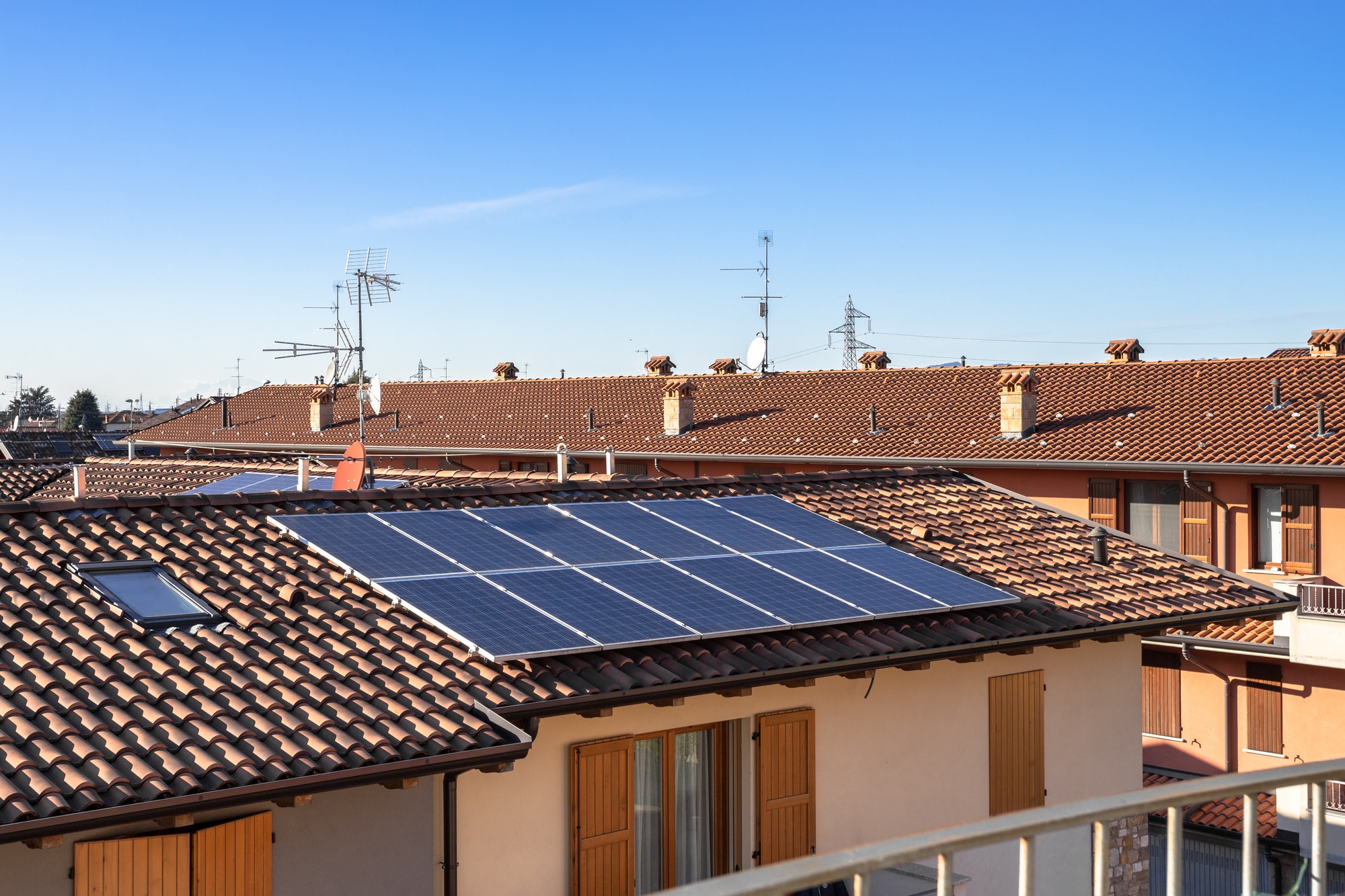Raw resources are infinitely renewable
There’s a staggering quantity of solar energy out there—around 10,000 times more than we use—and it’s continually being replenished. Even if only 0.02% of the sun’s rays are properly caught, it would be enough to eliminate the need for all other types of fuel.
Solar electricity is pollution-free
Solar panels do not pollute the environment, but their manufacture and construction do. To put this into perspective, however, these environmental costs pale in comparison to the enormous amount of carbon dioxide (CO2) released into the sky every year by burning conventional fossil fuels.
Solar power can be used in rural places without access to electricity grids
Although it may surprise city dwellers, Home Power Magazine reports that as of 2006, there had been an estimated 180,000 off-grid homes in the United States. Maine, Colorado, California, Oregon, Vermont, and Washington have long been havens for energy rebels. Many of the world’s 1.8 billion off-the-grid dwellers are compelled to do so due to political and environmental considerations, but not all. In regions like Sub-Saharan Africa, where up to 90% of rural residents lack access to power, solar energy can transform the lives of millions. In these regions, residents must depend on fuel-based electricity, which has significant negative social and environmental consequences, from health risks associated with contaminated indoor air to lower overall productivity in rural, off-grid dwellings.
Solar energy creates green jobs
Solar panel production for home use is a rising source of jobs in research, manufacturing, sales, and installation.
Solar energy is quiet
Unlike wind turbines, which use a gearbox and a blade to generate electricity and make noise, only a subtype of solar panels moves slowly throughout the day, with little to no noise pollution with proper care.
In the future, solar power will be more cost-effective
The initial cost of solar panels and their installation is significant, but the savings in energy bills quickly make up for this. In the long run, solar panel owners could even make money off of their use by feeding extra power back into the grid.
Net metering
This is a method by which homeowners are given credit for whatever electricity they generate and then send back to the grid. Upon enforcing the Energy Policy Act of 2005, municipal electric utilities in Manhattan and the northeastern United States must make net metering available upon request to their consumers. In some cases, homeowners with solar cells (or wind generators or energy storage) that create more power than their homes consume can benefit from this technique. In the absence of net metering, batteries can store extra energy.
Solar power is dependable
In economic or political instability, terrorism, natural calamities, or brownouts caused by overconsumption, many households prefer solar energy since it is virtually unaffected.
Conclusion
In conclusion, solar energy has advantages over traditional fossil fuels and alternative renewable energy technologies.

